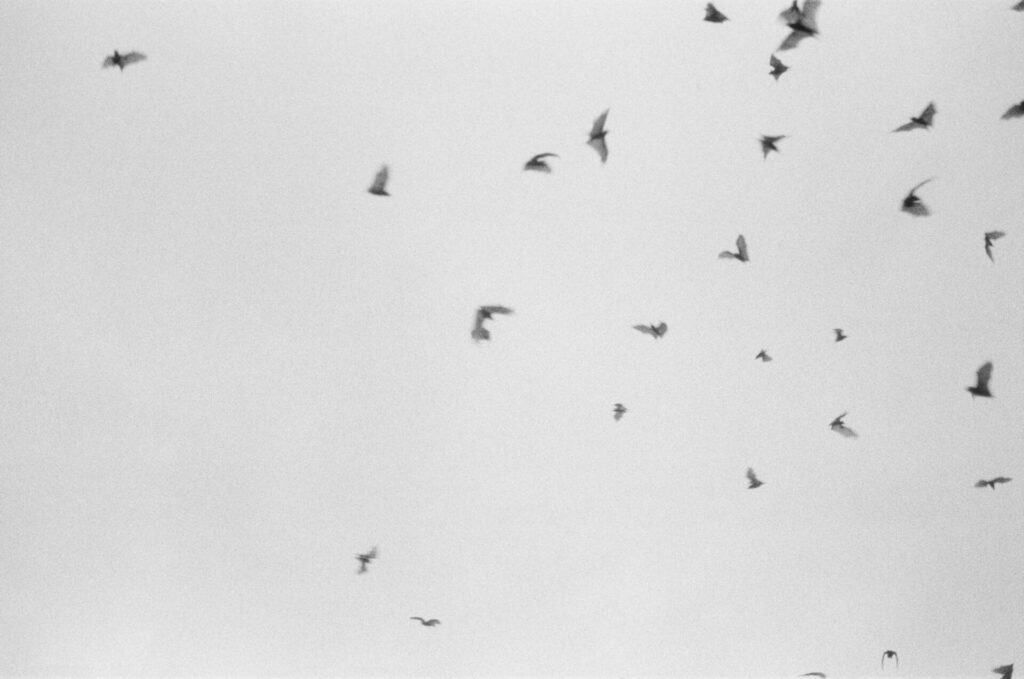A record colony of 102 bats was discovered during searches last week in the Heidebos forest in the municipality of Wachtebeke, in the East Flanders province.
The common noctule bat is one of the largest bat species in Flanders. The animal lives in the old hollows of the trees, summer and winter. But the species, which was once common in Flanders, seems to have a harder time surviving today.
The discovery by Joris Everaert of a colony of 102 bats during his research is therefore all the more surprising. He had noticed that an old woodpecker cavity was giving off a lot of heat thanks to his thermal camera. Common noctule bats prefer these cavities of old living trees because the sap flow from the tree gives them better isolation.
Related News
There had already been a discovery of a large colony of this species in the nature reserve of Wachtebeke. "This discovery puts the Heidebos back on the map of favourite places for bats in Flanders," said the wildlife association Natuurpunt.
This proves to be a particularly good time given the upcoming European Bat Night, where five nocturnal events will be organised in Brussels for those curious as to see how bats live in the capital.

